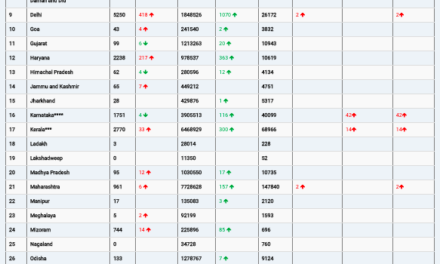A recent study led by a University College London (UCL) researcher reveals that individuals motivated by power and the desire to influence others are more likely to share fake news on social media platforms. This research, published in Computers in Human Behavior, highlights a growing concern about the role of power-driven motivations in the spread of misinformation online.
The study, which involved four separate experiments with 1,882 participants, found that power-motivated users were more inclined to share fake news on a simulated social media platform. These users not only shared more fake news but also made it a larger proportion of the content they distributed, compared to real news posts.
Interestingly, the study found that having a position of power in one’s professional life did not predict the likelihood of sharing misinformation. Instead, the motivation for power or dominance itself appeared to be the key factor driving the behavior.
The research included a variety of measures, such as participants’ power values—focused on influence, power, and wealth—dominance traits, and their desire to influence others through social media. The experiments also assessed the participants’ self-reported history of knowingly sharing misinformation.
Lead author of the study, Professor Ana Guinote from UCL, explained, “Our findings suggest that people motivated by obtaining power and influencing others may share misinformation without concern for its accuracy, as a form of brokerage to gain a following and control narratives.”
The study also revealed that participants who scored highly on dominance traits were not only more likely to share fake news but were also more likely to admit to sharing misinformation in the past. This could indicate that some individuals are aware of the unreliability of the information they are sharing but choose to continue spreading it for personal gain.
Guinote added, “Other studies have suggested that people are more likely to share misinformation if it aligns with their beliefs or goals, such as political agendas during election periods. Those driven by political gain and the desire to influence elections might be particularly prone to spreading fake news.”
This research raises important questions about the ethical implications of social media use, particularly in the context of power dynamics and misinformation. As fake news continues to pose a challenge to public trust and societal discourse, understanding the psychological motivations behind its spread could help in developing strategies to curb its impact.











